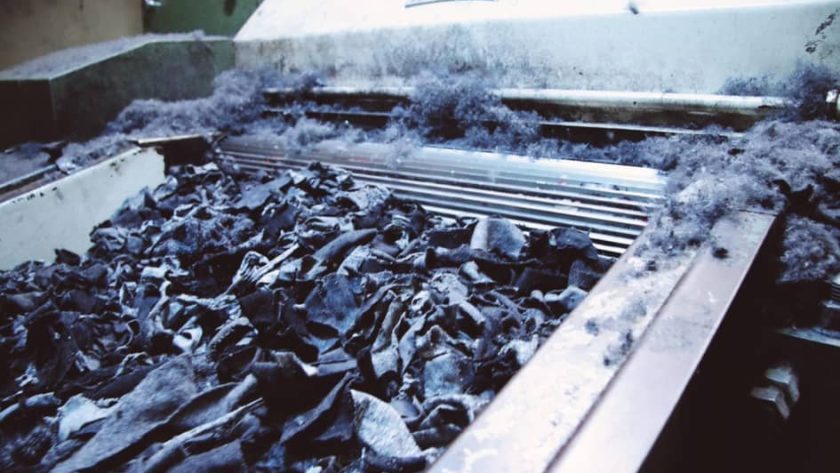The European Parliament has reached a preliminary agreement to revise the EU eco-design framework for sustainable products. While rules had already been outlined for this, the parliament has now further shaped the rules as well as added new ones.
For instance, MEPs agreed that eco-design requirements should also cover practices related to early obsolescence, Parliament summarised in a press release. The rules should be adopted no later than nine months after the new legislation comes into force. The European Parliament asked the Commission to prioritise products such as textiles (especially clothing and footwear), furniture, paints and chemicals.
The ban on destroying unsold clothes, accessories and shoes is also a new addition. The ban will take effect two years after the law comes into force. In the future, the Commission will add additional categories to the list of unsold products subject to a ban on destruction.
EU reaches agreement for mandatory product passports and ban on destruction of unsold textiles
“It is time to put an end to the ‘take, make and throw away’ model that is so damaging to our planet, our health and our economy,” said Alessandra Moretti, the Italian MP pushing for these regulations in parliament. “Sustainable products will become the norm, allowing consumers to save energy, make repairs and make smart environmental choices while shopping. A ban on destroying unsold textiles and footwear will therefore contribute to a shift in the way fast fashion manufacturers produce their goods.”
The goal of the ‘eco-design’ framework also got an update. The ambition is now to improve various parts of products during their life cycle to make them more durable and reliable, and easier to repair and recycle. This should use fewer resources, energy and water. There will also be a requirement for product passports, giving consumers accurate and up-to-date information about the product that can help them make informed decisions during a purchase.
Plans to revise the new eco-design rules became clear back in July, when at the time a mandatory product passport and a ban on the destruction of unsold textiles was already outlined.



